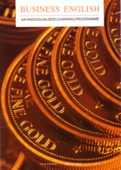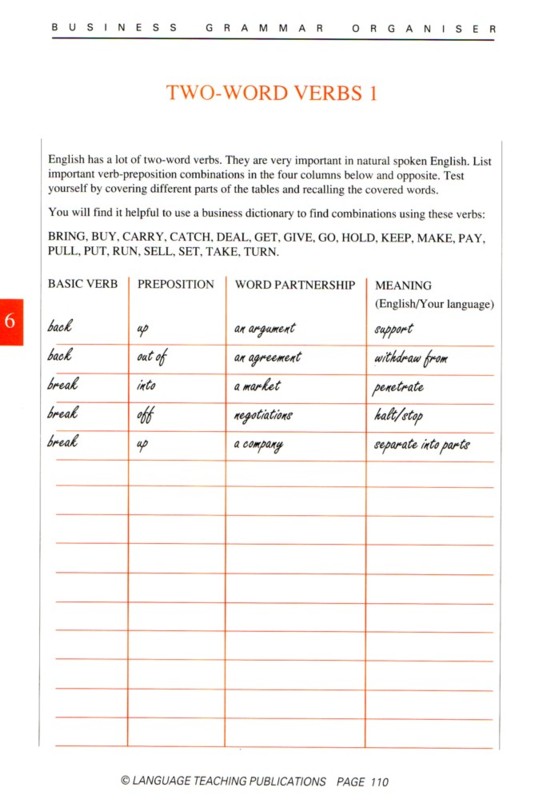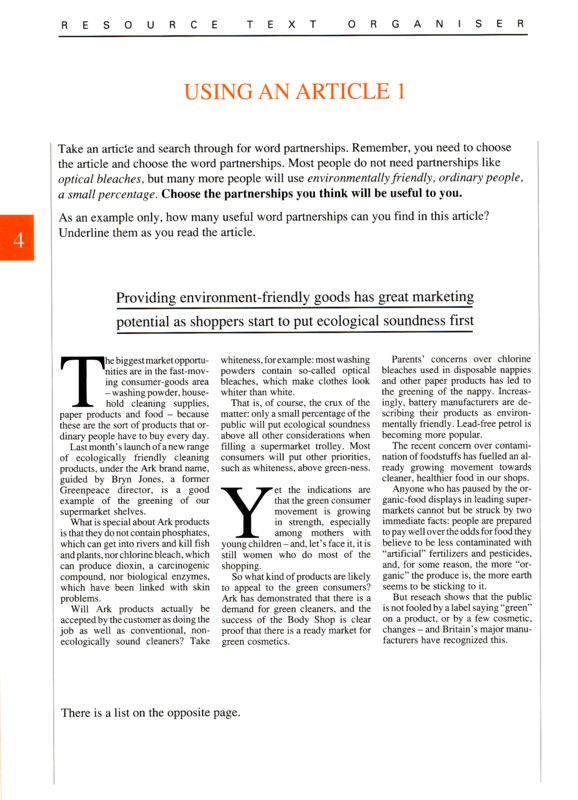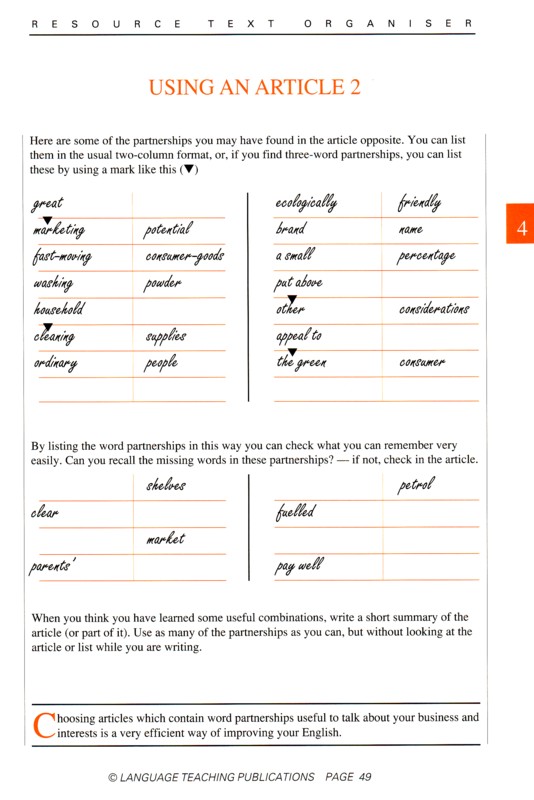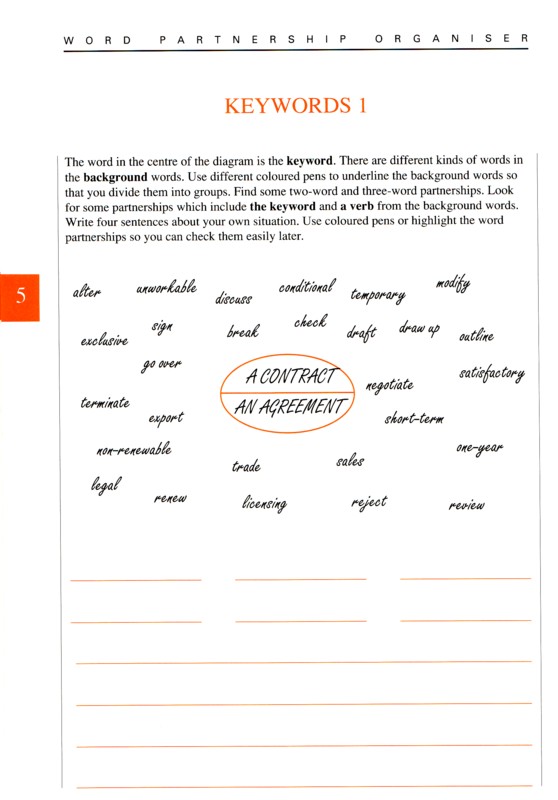Whether doing consecutive or simultaneous you will constantly be correcting yourself or being corrected by your peers and your teachers. In order to improve it is worth giving some thought to the types of comments made about your work, recording those comments and acting on them.

Recording comments, or feedback, in an ordered, deliberate fashion is infinitely more useful than writing down what is said to you on any piece of paper you have to hand in the mistaken assumption that you will ever look at it again.
Try keeping an exercise book or notepad in which you note all these comments and only these comments as and when they are made. Note the date of each session when you start and you will immediately create a chronological record of which problems crop up again and again and which ones were more of a one-off, which ones you have corrected for good and which ones you thought had gone away but which have returned. This will help you to see at a glance and then concentrate on what is really important to your development without wasting time on things that are less useful to you personally.
In the same vein split the book into two parts. Distinguish between “generative” and “non-generative” feedback.
What does this mean? Generative is a phrase used most often in ELT teaching and describes recurring events. Patterns or, for the interpreter, issues of technique. A single problem that crops up many times and which therefore once corrected will have a larger impact on the quality of the interpretation is more interesting than a single one-off mistake. For example if we agree to stop saying “err” while working, this is generative because this one idea can lead to the correction of dozens of individual instances of the “err” noise. Other generative issues will be, correct sentence intonation, speaking skills, reformulation techniques from one language to another (for example, a strategy for German’s “involved” sentences, or sentences beginning “Si” in French) and so on.
Non-generative feedback means one-offs, so for example corrections of specific content. “1993 not 1994” for example or “you said ‘Directive’ instead of ‘Regulation’ “. These comments may be justified but they are less efficient in terms of improving your interpreting in general. They are non-generative and therefore should be accorded less attention than generative issues. (Beware though, as often such apparently lone mistakes are the result of some technique flaw, in which case you must identify the flaw and log it with the other technique issues under “generative”).
Enjoy!
